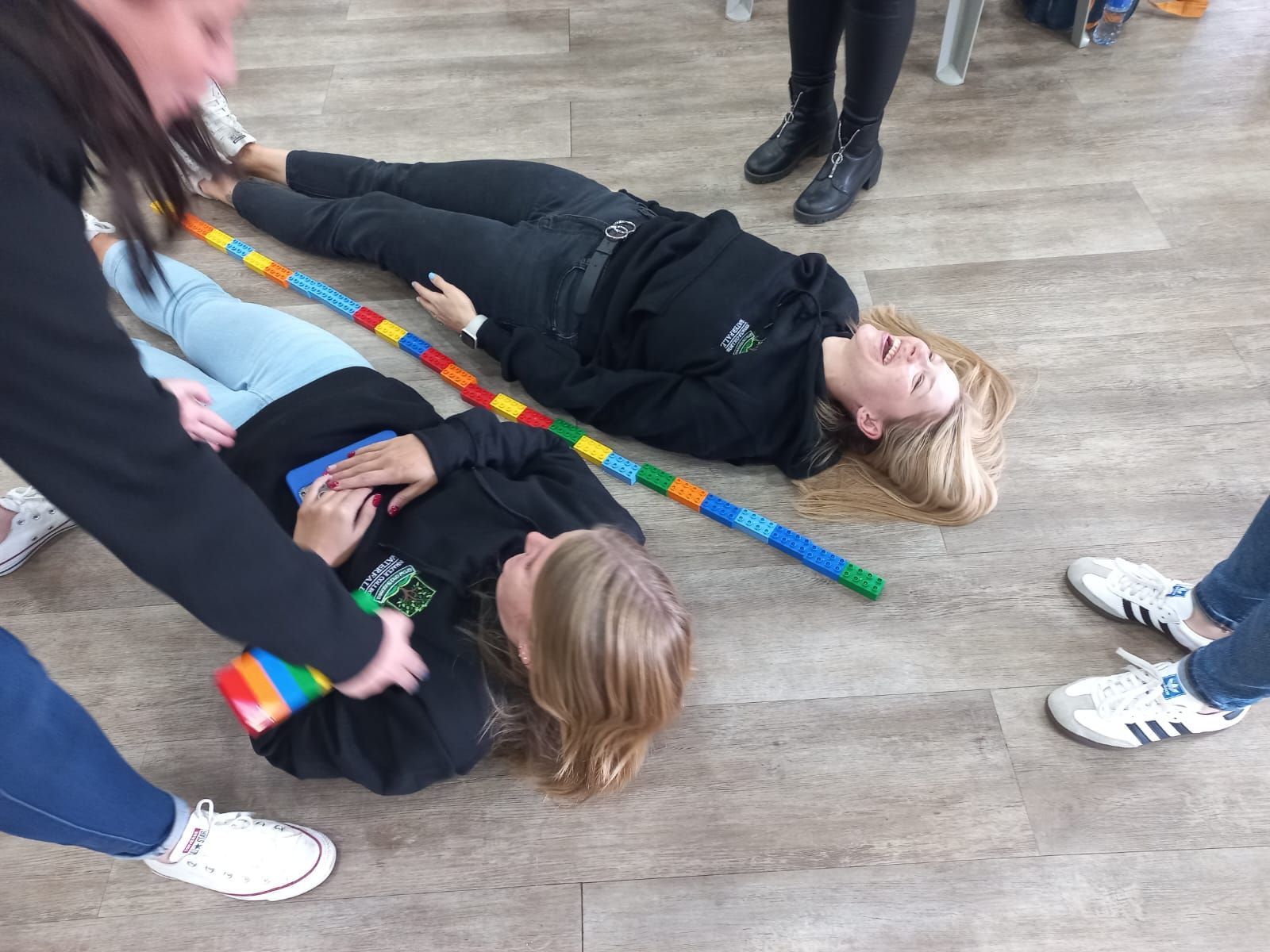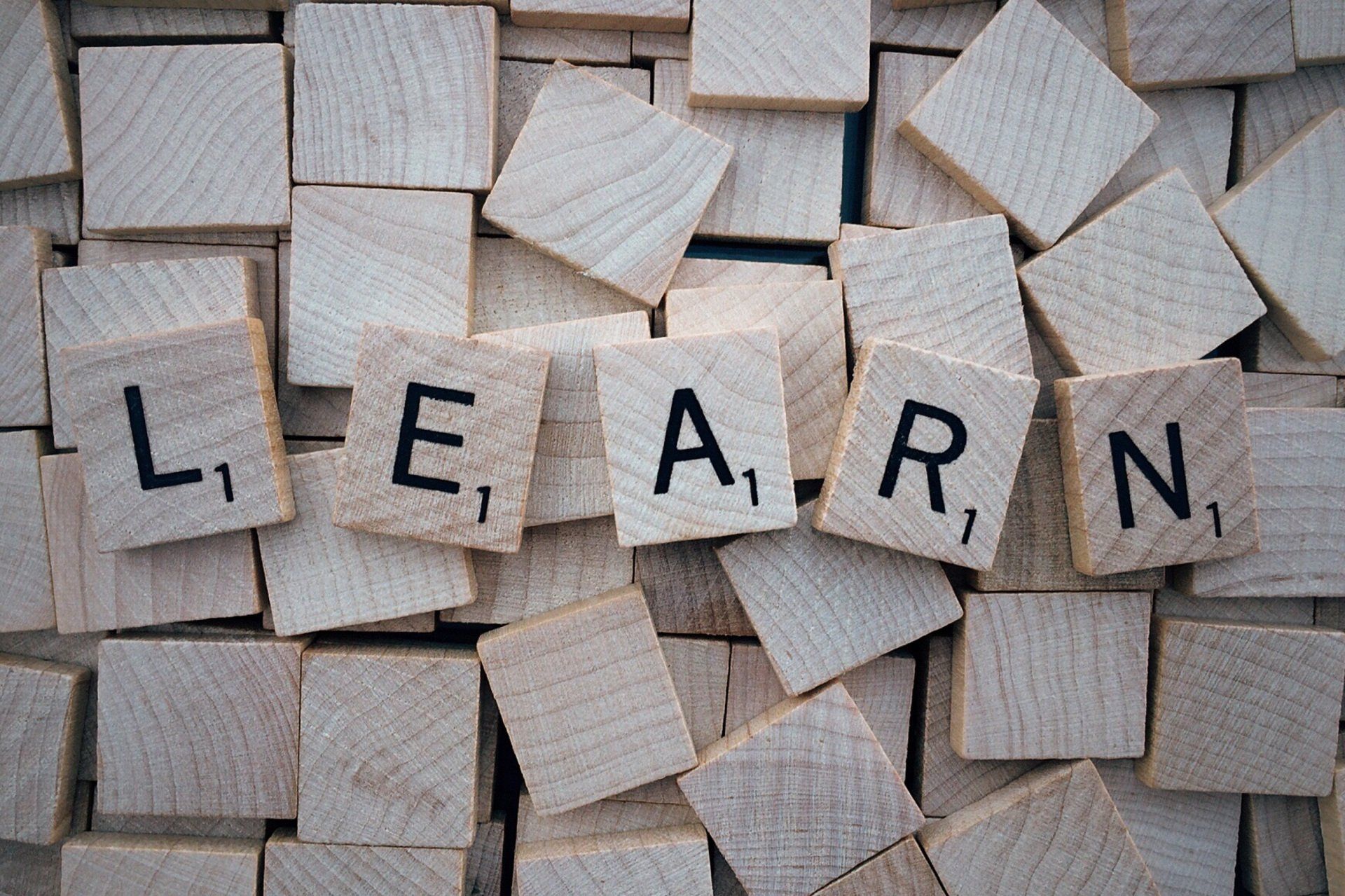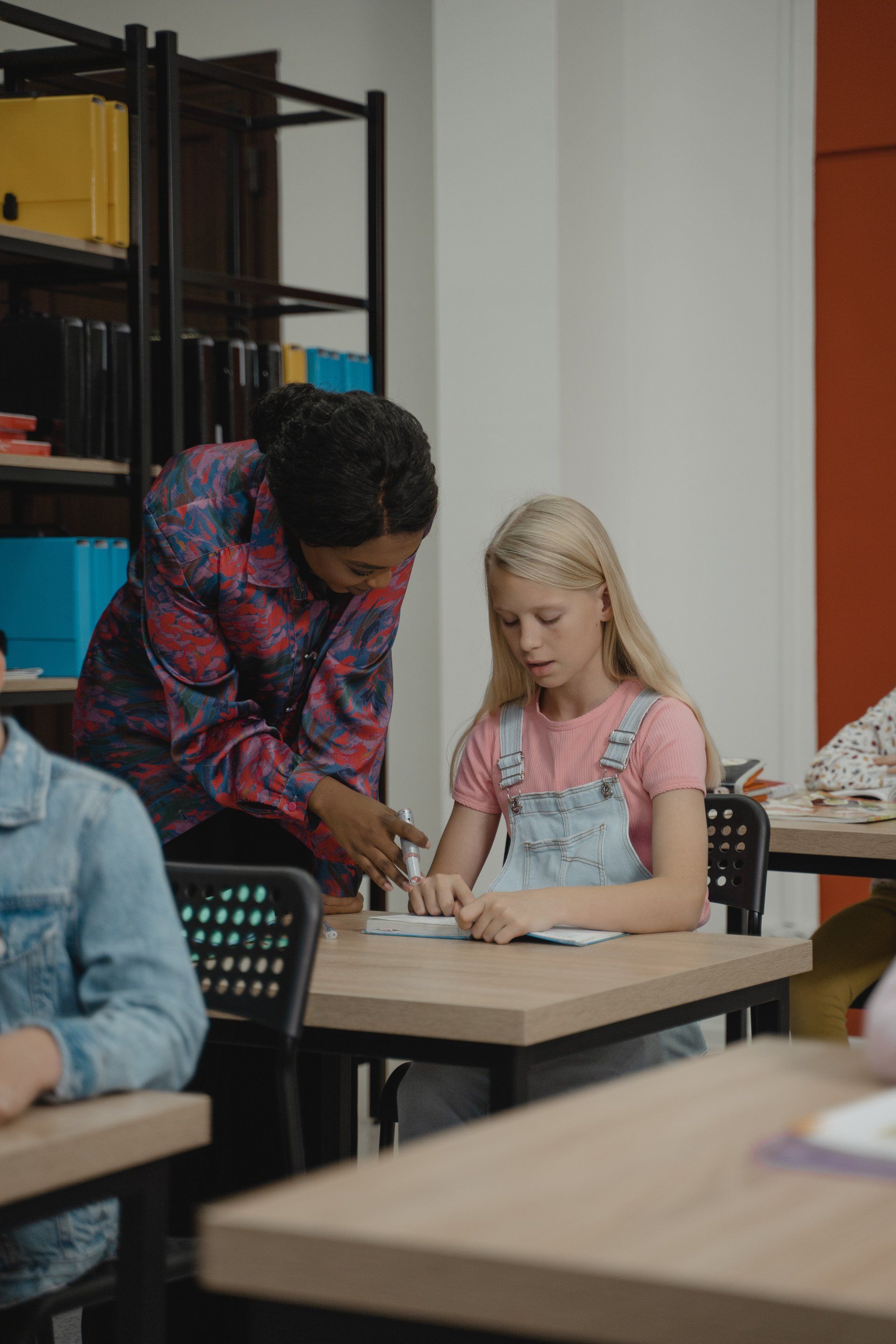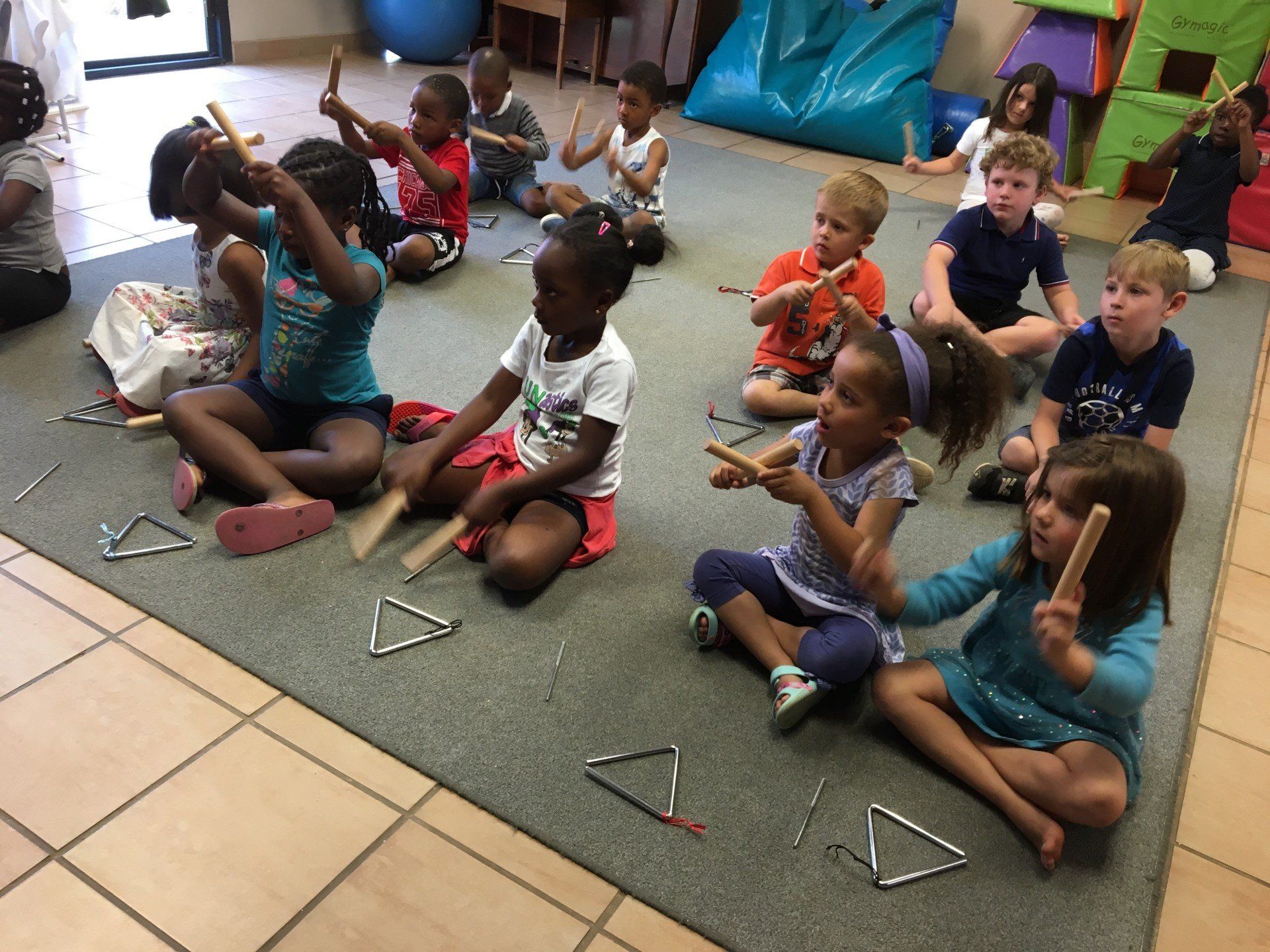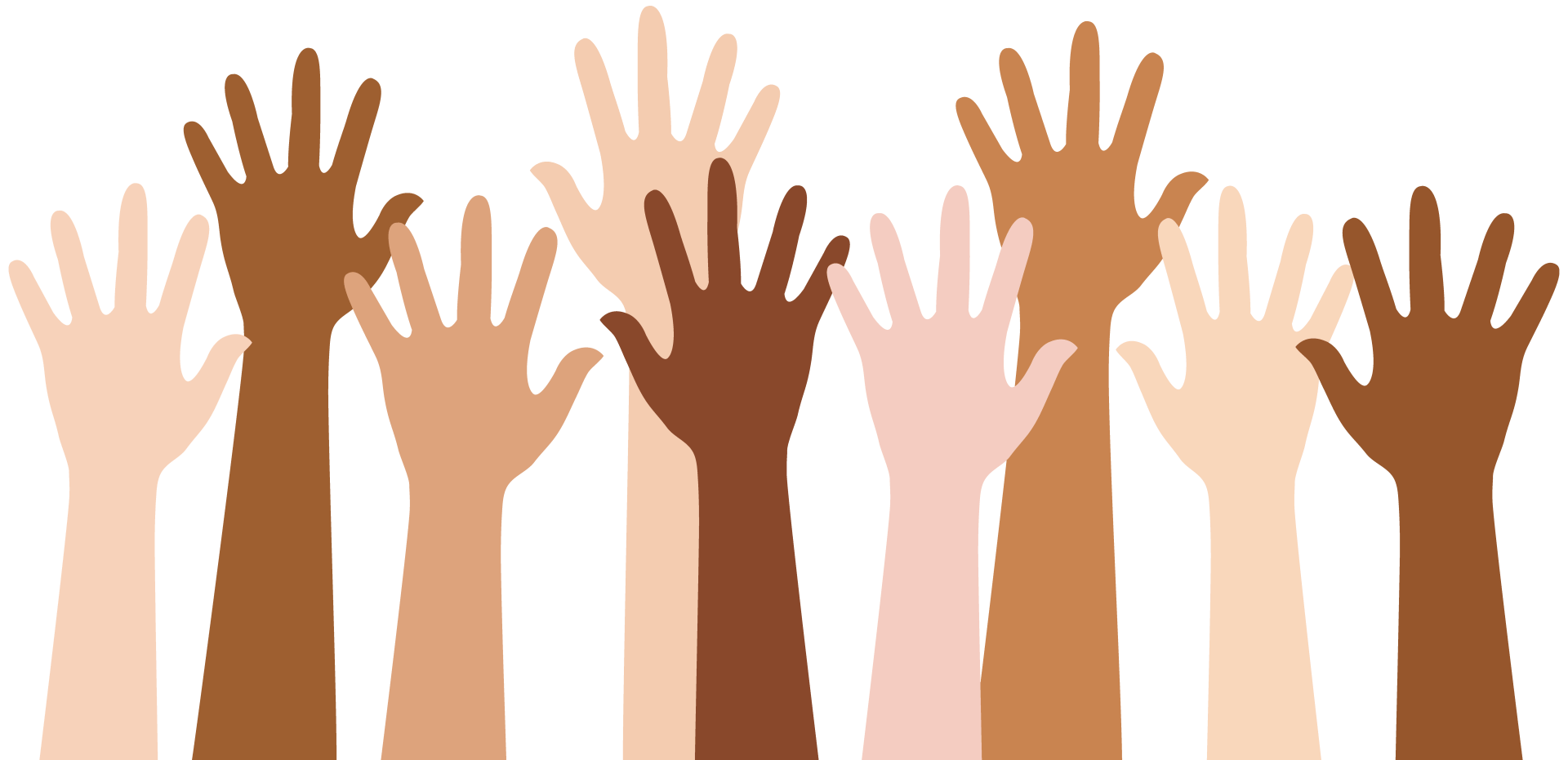The impact of the words and language we use | Maragon Primary
As an educator one is introduced to unique individuals who, at the age of five, have already been moulded and affected either positively or negatively, by the words and language to which they have been subjected to since birth.
The words and language we use during this time we have available is therefore a vital aspect in a child’s development .
Have we somehow lost our focus on the importance of our role in the development of our children’s language? Let’s ask ourselves the following questions:
·Do we verbalise our actions, by using descriptive language while dressing our children? For example, “Now let us tie your blue shoelaces.”
·Do we encourage our children to put out their clothes and pack their schoolbags together with us, allowing them to discuss and verbalize what they are doing?
·Do we give our children the opportunity to have quality one- on- one time with us while they are acting out tasks? Do we listen and encourage conversation?
·Do we allow them to assist us with setting the table, clearing the table and preparing the meal, while discussing what we are doing, what ingredients we’re using, where products come from etc.?
·Do we read Bible stories and bedtime stories to them, allowing them to enrich their vocabulary as we discuss new words and situations? How about asking how they would end the story; which character they would like to be and why?
·Do we sit around the dinner table and share the events of our day?
·While travelling in the car, do we talk about the surroundings, road signs, colour of the cars and the types of cars we passed?
·While shopping do we discuss the products, name the products, give them the opportunity to identify products etc.
Or do we hand them an IPad, cell phone and place them in front of the TV for hours on end to keep them occupied?
I would encourage us to re-think our daily routines and see all the opportunities there are to impact and enrich our children’s language as well as to motivate them to become confident in verbalising and sharing their unique ideas, and eagerly face new challenges with enquiring minds. This will motivate those around them to do the same, creating a society of children who are able to communicate, listen and thrive in our ever-changing world.
In conclusion, I would like to believe that we, as parents and educators, are willing to focus again on the basics of language and the impact of words, allowing our children to be the best unique individuals they were born to be!

